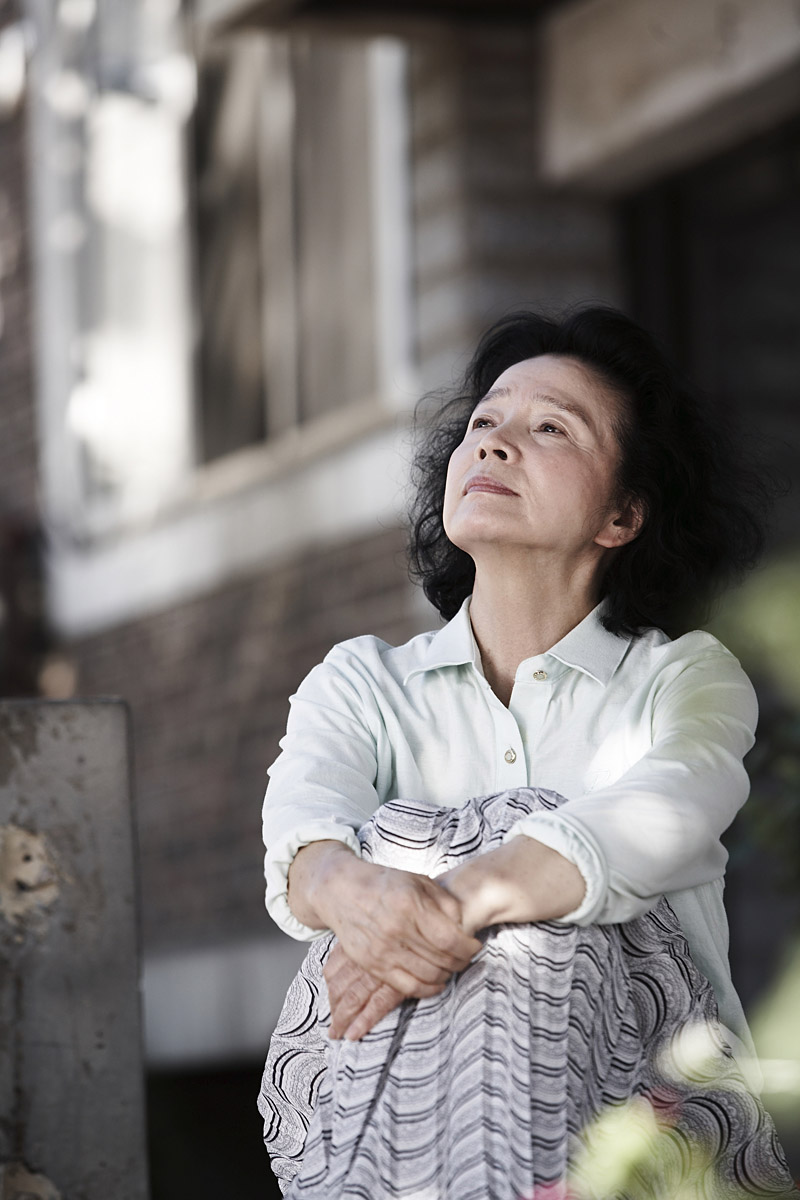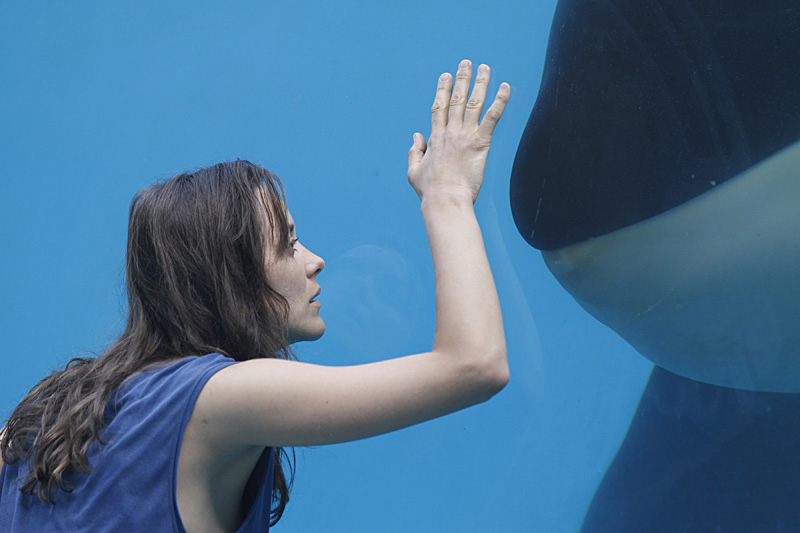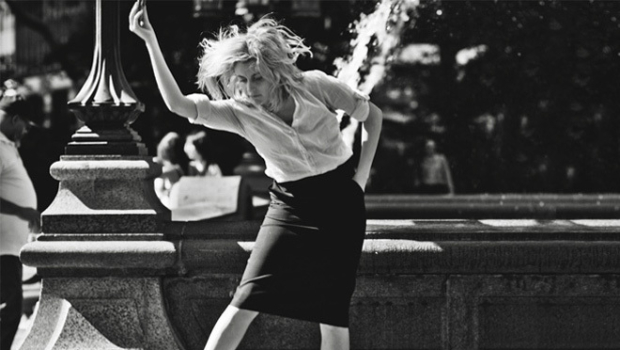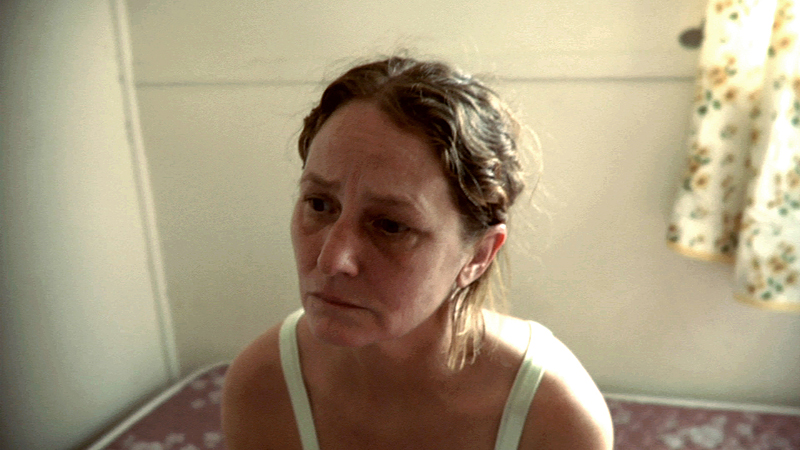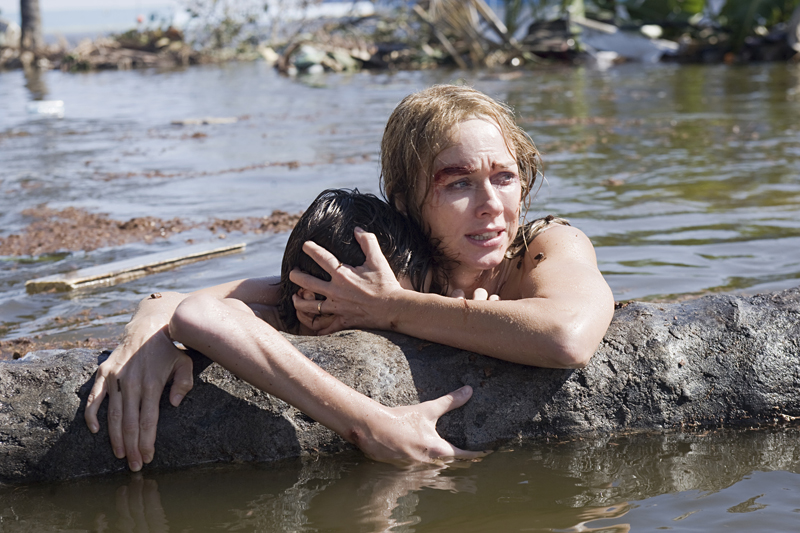As in his equally exceptional previous film, Secret Sunshine (2007), Lee Chang-dong’s Poetry is a perfectly paced and performed character study of a woman raising a child on her own who must contend with a heinous act of violence. In her 60s, Mija (the marvelous Korean screen vet Yun Jung-hee) lives with her sullen adolescent grandson, Wook (Lee David), whose mother is looking for work in Busan. Poetry‘s first third gently observes the quotidian activities of its heroine, who has just been diagnosed with dementia, and her endless caretaking—of not only her obnoxious grandson but also the infirm patriarch who employs her as a home aide. Though most of her hours are spent cleaning up after others, Mija, prone to nattering, is not without pride or curiosity; impeccably attired in floral prints, she enrolls in a poetry class. As she desperately awaits inspiration from the muses, Mija learns of Wook’s role in a despicable act committed against one of his female classmates; the words flow after she decides her charge must suffer the consequences of his actions. Poetry, rightfully awarded Best Screenplay at Cannes last year, stands out as both a quietly scathing condemnation of male violence (and craven attempts to cover it up) and an ode to the strength of a senescent woman all too frequently dismissed.
Poetry: Beautiful Senior Moments in South Korea
